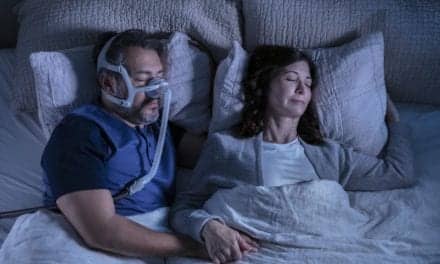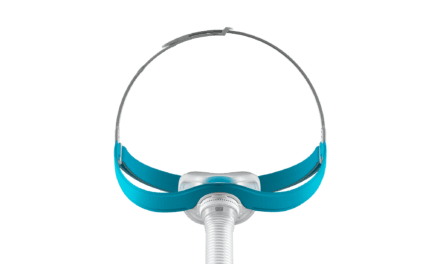Today, the FDA has classified a recent Philips CPAP recall as a Class I, the most serious type of recall. The new classification comes after the US Food and Drug Administration (FDA) in September announced a Philips Respironics recall of certain BiPAP and CPAP masks due to a serious safety concern related to magnetic headgear clips that may cause harm to people who have implanted medical devices.
As of September 9, 2022, there have been 43 complaints, 14 of those were serious injuries, associated with this issue. The FDA reported that it is not aware of any associated deaths. Approximately 18.6 million devices, distributed between January 1, 2015, and September 9, 2022, are affected by the recall.
The FDA warns that people who use the recalled masks and people near a person using the masks, including healthcare personnel can be affected.
Recalled Products
- Masks that are part of the recall include:
- Amara View Full Face Mask
- DreamWisp Nasal Mask
- DreamWear Full Face Mask
- Wisp and Wisp Youth Nasal Mask
- Therapy Mask 3100 NC/SP
- Serial and Model Numbers: See recall database entries
What to Do
Phillips Respironics issued a press release about this issue on September 6, 2022. The press release offered the following recommendations:
- Stop use of the recalled mask and switch to a non-magnetic mask if available, if the wearer or someone near them when using a recalled mask have any of the implanted metallic medical devices or metallic objects in the body listed that may be affected by the magnets in the masks. The list of devices includes (but is not limited to):
- Pacemakers
- Implantable cardioverter defibrillators (ICD)
- Neurostimulators
- Magnetic metallic implants/electrodes/valves placed in upper limbs, torso, or higher (that is, neck and head)
- Cerebral spinal fluid (CSF) shunts (such as ventriculo peritoneal (VP) shunt)
- Aneurysm clips
- Embolic coils
- Intracranial aneurysm intravascular flow disruption devices
- Metallic cranial plates, screws, burr hole covers, and bone substitute devices
- Metallic splinters in the eye
- Ocular implants (such as glaucoma implants, retinal implants)
- Certain contact lenses with metal
- Implants to restore hearing or balance that have an implanted magnet (such as cochlear implants, implanted bone conduction hearing devices, and auditory brainstem implants)
- Magnetic denture attachments
- Metallic gastrointestinal clips
- Metallic stents (such as aneurysm, coronary, tracheobronchial, biliary)
- Implantable ports and pumps (such as insulin pumps)
- Hypoglossal nerve stimulators
- Devices labeled as MR (Magnetic Resonance) unsafe
- Magnetic metallic implants not labeled for MR or not evaluated for safety in a magnetic field
- Patients should consult a physician immediately to determine if another mask can be used for their therapy.
- Switch to a non-magnetic mask if available, for continued therapy.
- Dispose of the mask that has magnets after an alternative is obtained.
- Continue using masks according to the updated instructions and labeling if patients or people in close proximity to them do not have implanted metallic medical devices or metallic objects in the body.
The FDA’s safety communication Certain Philips Respironics Masks for BiPAP, CPAP Machines Recalled Due to Safety Issue with Magnets That May Affect Certain Medical Devices offers additional recommendations for healthcare providers, patients, and their caregivers.
ID 45882185 © Tomnex | Dreamstime.com






Does this recall also apply to Resmed masks ?